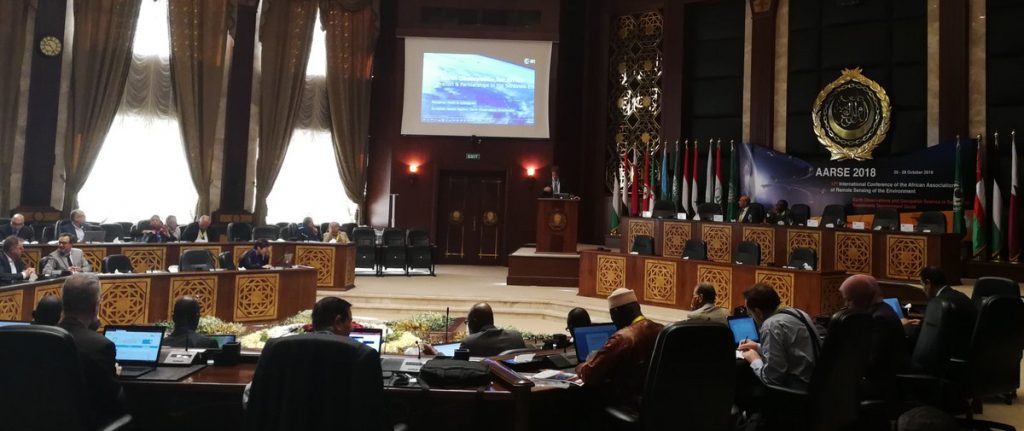About AARSE
Learn about the African Association of Remote Sensing of the Environment (AARSE) and how we’re advancing sustainable development through space science and technology.

AARSE at a Glance
Learn more about the African Association of Remote Sensing of the Environment (AARSE), its foundation in 1992, and its incorporation in 2008 as an international Non-Government Organization (NGO) under Section 21 of the South African Companies Act 61 of 1973.
International Recognition
AARSE holds international NGO Observer Status with the United Nations (UN) Economic and Social Council (ECOSOC) and the UN Committee on Peaceful Uses of Space (UN-COPUOUS). Additionally, the organization is officially recognized by the African Union Commission.
AARSE proudly partners with esteemed international organizations such as the International Society for Photogrammetry and Remote Sensing (ISPRS), IEEE Geosciences and Remote Sensing Society (GRSS), European Association of Remote Sensing Laboratories (EARSeL), Digital Belt and Road (DBAR) Initiative, International Society for Digital Earth (ISDE), and actively participates in the Group on Earth Observations (GEO) and the International Year of Planet Earth (IYPE).
Strategic Partnerships:
Strategic Partnerships:
AARSE proudly partners with esteemed international organizations such as the International Society for Photogrammetry and Remote Sensing (ISPRS), IEEE Geosciences and Remote Sensing Society (GRSS), European Association of Remote Sensing Laboratories (EARSeL), Digital Belt and Road (DBAR) Initiative, International Society for Digital Earth (ISDE), and actively participates in the Group on Earth Observations (GEO) and the International Year of Planet Earth (IYPE).
Contributions to UN Initiatives
AARSE contributes to UN initiatives, having been a member of the former UN-ECA’s Executive Working Group on Geoinformation. The organization actively participates in the activities of the UN-ECA Committee on Development Information, Science, and Technology (CODIST) and is a member of the Working Group on Capacity building and capacity development of UN-GGIM:Africa.
Enabling African Space Science
Create an environment for Africa to actively participate in international space science, technology, and application programs.
Timely Information Dissemination
Assist members and user communities through the timely dissemination of scientific, technical, policy, and program information in all aspects of space science and technology.
Fostering Collaboration
Promote greater cooperation and coordination of efforts among African countries, institutions, and industries in the development of space technology and its application.

